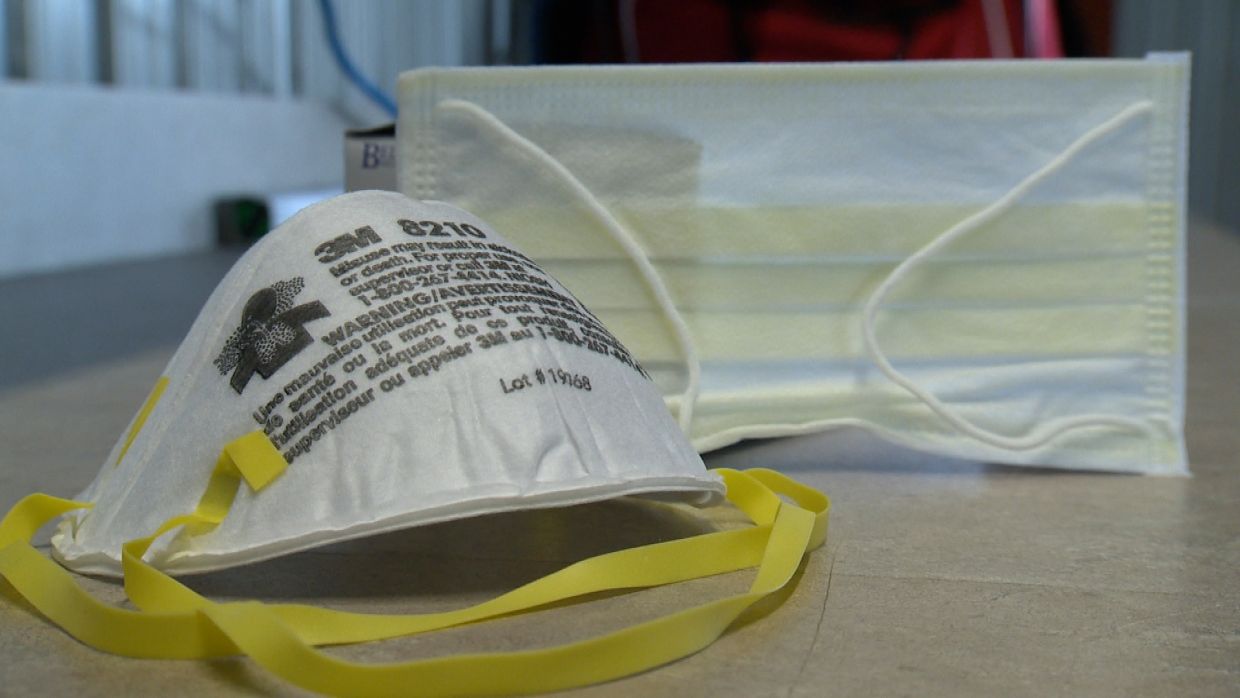Almost 300 million euros. This is the sum that was transferred a few days before the coup d’état of February 1 to the Burmese government by the International Monetary Fund (IMF). Emergency international aid intended to deal with the economic and social consequences of the health crisis caused by the Covid-19 pandemic. A blank check, one might say, since no constraint on how to use this money was formulated before the transfer. The sum is now in the hands of the military, headed by the powerful General Min Aung Hlaing, and no legal means seem to give the IMF the right to recover it.
“The general’s personal financial interests must be considered as one of the motivations for the coup”, believes the Justice for Myanmar collective in a report published Sunday evening. Min Aung Hlaing runs two of the country’s largest conglomerates in the shadows, Myanmar Economic Corporation (MEC) and Myanmar Economic Holdings Limited (MEHL), two sprawling groups with operations spanning almost every sector: port areas, mining jade and ruby, real estate, construction… Areas which depend in particular on the political decisions of the government in terms of taxes, authorizations, licenses, etc.
“The mark of corruption is very clear”
The central position of Min Aung Hlaing within the government also allows these conglomerates to obtain advantageous contracts. In return, these two companies provide funds to the military. Last year, in an agreement signed with one of the largest logistics companies in the country, Ever Flow River Group, for the construction of a container terminal, MEHL obtains 51% of the shares of the project while the partner assumes 100% of the investment. “These are contracts where the mark of corruption is very clear, Justice for Myanmar activists say. Min Aung Hlaing abuses power to protect his business interests and those of his family. “ Her son and daughter are also the heads of huge and lucrative businesses. The NGO Transparency International regularly ranks Burma among the most corrupt countries, around 140th place out of 180.
A fateful date was approaching: in July, the general will be 65, the age of compulsory retirement in the Burmese army. His handover was scheduled for the month of June, which would have deprived him of his position of privileged intermediary in large contracts and, above all, made him vulnerable to possible investigations into corruption facts by a government led by the Aung San Suu Kyi National League for Democracy. He is already targeted by US sanctions, and his responsibility for war crimes against the Rohingya minority is being investigated in The Hague court.
To maintain his immunity in these criminal and financial cases, he could have “Either negotiate an early retirement with Aung San Suu Kyi, asking for immunity for him and his relatives, or enter politics”, explains Nehginpao Kipgen, a specialist in the pro-democracy movement in Burma. The general hadn’t been hiding his political ambitions for quite some time, having even told a Russian newspaper: “The priority is for the elections to be successful. Then, if the confidence is there, we could consider entering politics. ”
Exit door
On the model of the Thai neighbor, he could then have decided to join the Union, Solidarity and Development Party (USDP), made up mostly of former soldiers. Some even attributed presidential ambitions to him. But their calamitous results in the legislative elections in November deprived him of this way out. The coup offers him a little time (at least a year of state of emergency, and perhaps six more months, he was already quick to declare), to proceed with possible reshuffles of the electoral map in order to remedy the problem, as the Thai junta did before it. “The coup is above all a personal affair for Min Aung Hlaing”, says Mark Farmaner of the NGO Burma Campaign UK.
By emphasizing the economic aspect, organizations like Human Rights Watch have been trying for several days to put pressure on multinationals that have interests in Burma and deal with military conglomerates. So far, only beer maker Kirin and auto giant Suzuki, both Japanese, have announced that they are ceasing operations in Burma. As for French companies, Accor, Lafarge, Bouygues, to name but a few, have major interests in the country. Present in the country for thirty years, the oil company Total said on Sunday that it “Assessed the impact of the coup d’état on its activities”.
– .


